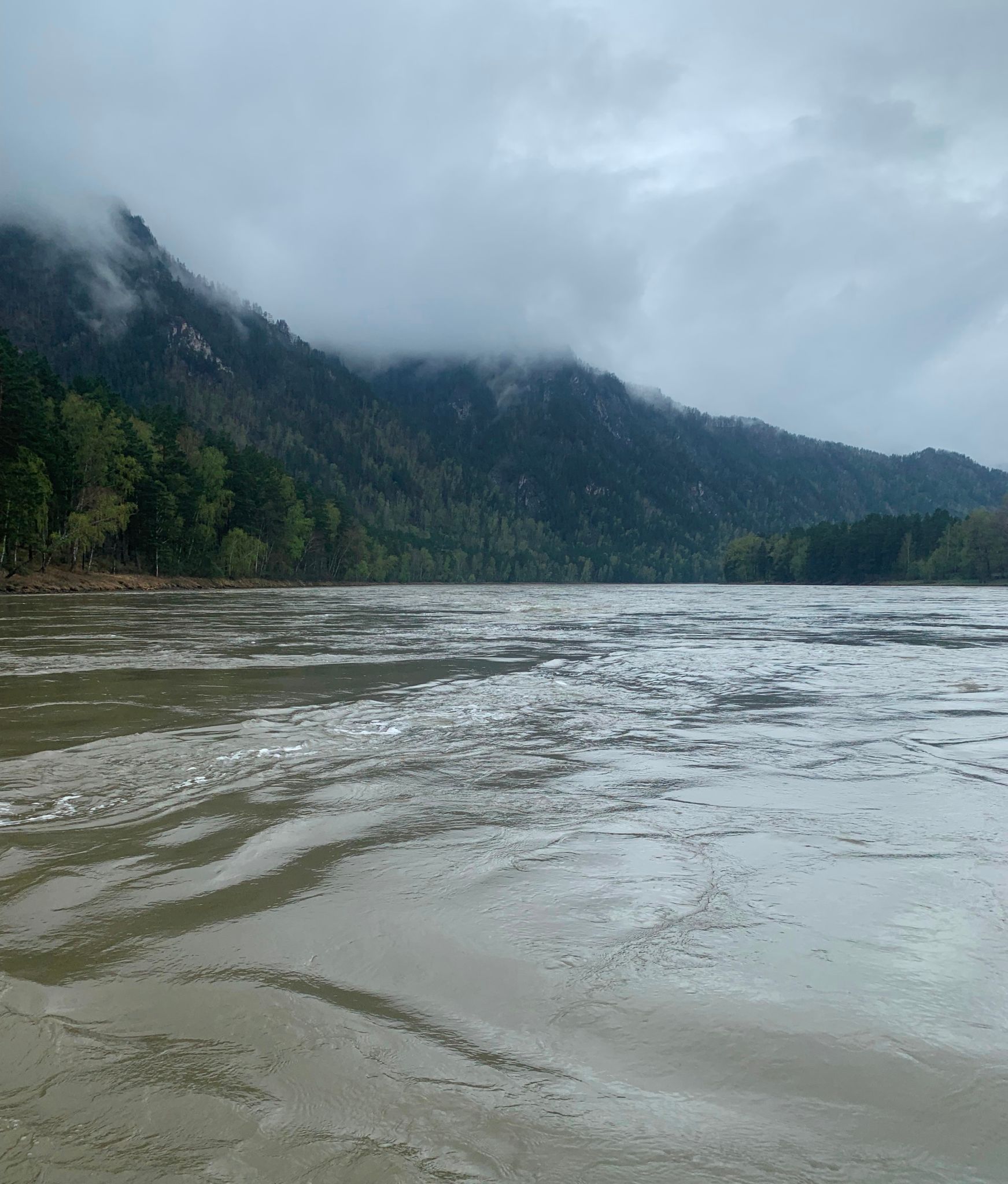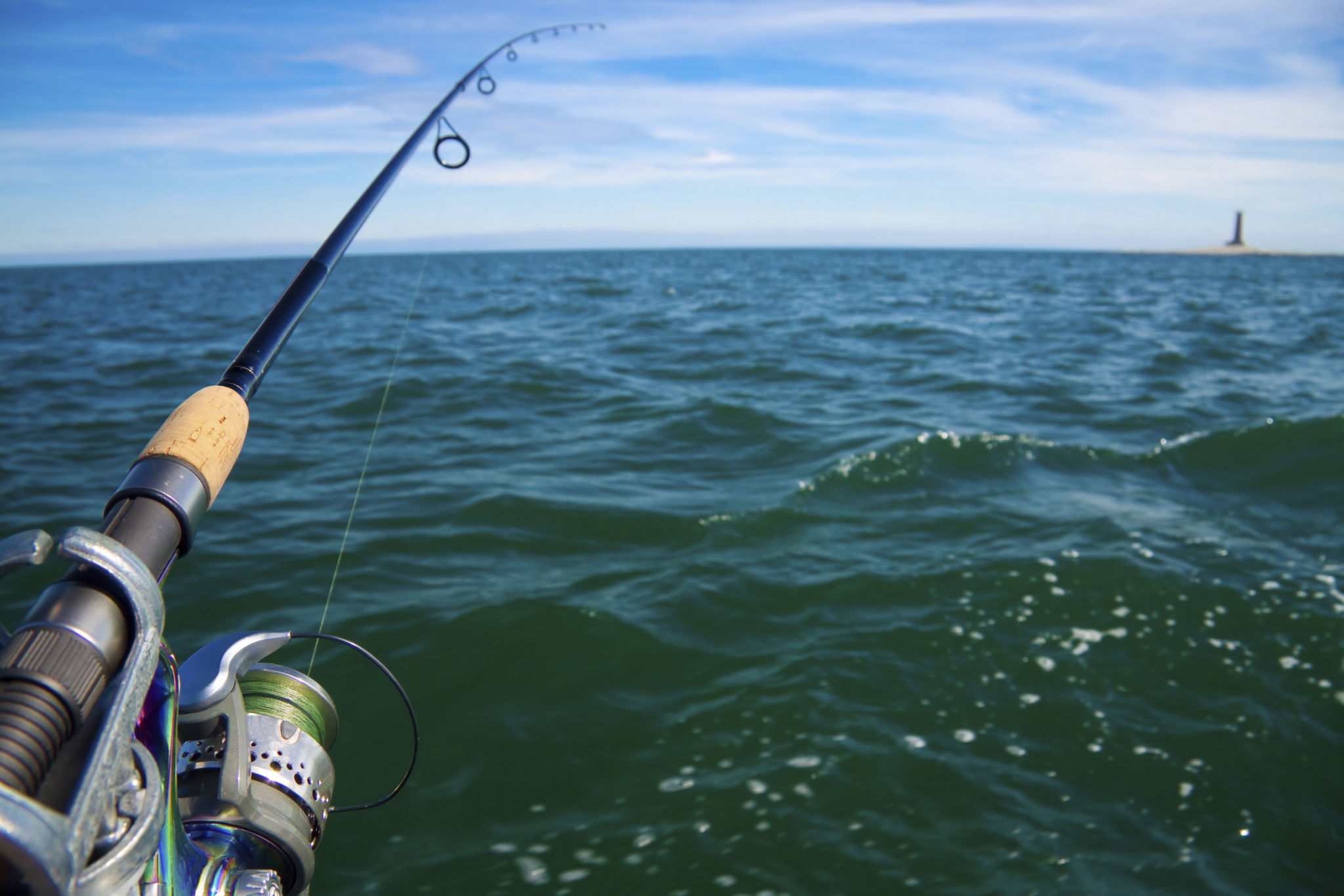Expert Insights: Navigating Fishing Permits and Regulations in the U.S.
Understanding Fishing Permits
Fishing is more than just a leisure activity; it's a way of life for many enthusiasts across the United States. However, before casting your line into the waters, it's crucial to understand the various fishing permits required. These permits help manage fish populations, ensuring sustainability and conservation for future generations. Different states have specific regulations, so it's essential to know the rules in your area.

For recreational anglers, permits are generally required for both freshwater and saltwater fishing. These permits can often be obtained online, through local fishing shops, or at designated government offices. They vary in price and duration, ranging from daily to annual options. It's important to check whether any special endorsements or stamps are needed for particular species or fishing methods.
State-Specific Regulations
Each state has its own set of fishing regulations, designed to protect local ecosystems and ensure the sustainable management of fish stocks. For example, states like Florida have specific rules for saltwater fishing, including bag limits and size restrictions on certain species. Meanwhile, inland states may have more stringent regulations for freshwater species like trout or bass.

It's advisable to consult with the state's Department of Natural Resources or Fish and Wildlife Service for the most up-to-date information. These resources provide comprehensive guides and updates on seasonal changes, protected areas, and species-specific regulations, helping you stay compliant while enjoying your fishing adventures.
The Role of Federal Regulations
In addition to state-level regulations, federal laws also play a critical role in managing fishing activities across the U.S. The National Oceanic and Atmospheric Administration (NOAA) oversees federal waters, which extend from three to 200 nautical miles off the coast. Federal regulations may include specific gear restrictions, catch limits, and protected marine areas.
Understanding these federal guidelines is especially important for those who fish in coastal areas or engage in commercial fishing activities. Ignoring these rules can result in heavy fines or even the suspension of fishing privileges.

Tips for Navigating Regulations
Given the complexity of fishing regulations in the U.S., keeping informed is key. Here are some tips to help you navigate these rules effectively:
- Always research the specific regulations of the area you plan to fish in before your trip.
- Download mobile apps that provide real-time updates on fishing conditions and regulations.
- Join local fishing clubs or online forums where experienced anglers share insights and updates.
By staying informed and prepared, you can enjoy a successful and responsible fishing experience while contributing to conservation efforts.
The Importance of Compliance
Compliance with fishing permits and regulations is not just about following the law; it's about preserving our natural resources for future generations. Ensuring that you have the correct permits and adhere to the rules helps protect fish populations and maintain ecological balance in our waterways.
Moreover, many state and federal agencies rely on permit fees to fund conservation projects, habitat restoration efforts, and educational programs. By purchasing permits and following regulations, anglers directly contribute to these important initiatives.

In conclusion, navigating fishing permits and regulations in the U.S. may seem daunting at first, but understanding the system is crucial for responsible angling. Whether you're a seasoned fisherman or a weekend enthusiast, staying informed ensures that you can enjoy your fishing adventures while playing a vital role in conservation efforts.
